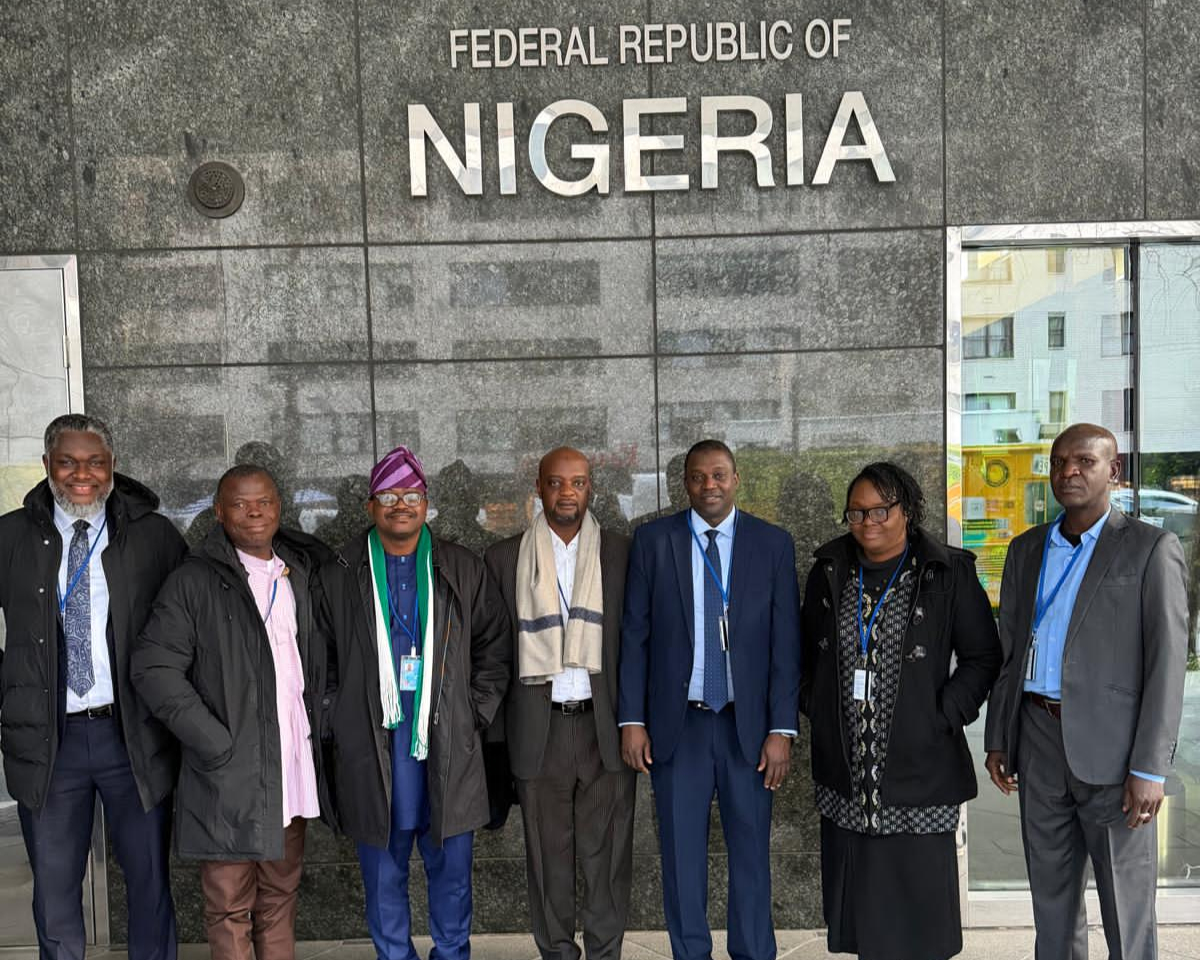ADEYEMI ADEPETUN examines how poor power supply leads to high costs, which in turn stifles investment, slows down broadband penetration and ultimately limits Nigeria’s progress in its digital transformation agenda.
Nigeria’s ambitious goal of achieving 70 per cent broadband penetration by the end of 2025 is in jeopardy, not due to a lack of ambition, but owing partly to slow investment and largely to the country’s severe and chronic power crisis.
The unreliable national grid forces telecommunications companies (telcos) to shoulder a monumental energy burden, creating a vicious cycle of high operational costs, stifled expansion, and ultimately, a widening digital divide.
Cost of darkness
The numbers tell a depressing story. According to industry data, power-related expenses can account for a staggering 20 per cent to 40 per cent of a telecom operator’s total operating costs. This is primarily driven by the massive consumption of diesel to power over 30,000 base stations nationwide. The Nigerian Communications Commission (NCC) estimates that telcos collectively consume over 40 million litres of diesel every month to keep their networks running. Major players like MTN have reported monthly diesel bills that can exceed N30 billion.
This financial strain is a direct consequence of the national grid’s instability. In 2024 alone, the grid recorded 12 collapses, leading to widespread blackouts and forcing telcos to rely on generators for a significant portion of their operations.
The cost of fuel, which has seen an over 220 per cent increase between 2022 and 2024, exacerbates the problem, making network expansion to underserved and rural areas economically unviable.
Checks showed that while Nigeria’s installed capacity is around 14,000MW, available capacity hovers between 4,000MW and 5,500MW for a country of over 200 million people. South Africa, with about 63 million people, has an installed capacity of 59GW. Egypt, with 107 million people, currently has 59GW and Ghana, with about 35 million people, is reported to have 5.6GW of power capacity.
The ripple effect
The power crisis is not just a financial headache; it’s a systemic challenge that impacts every aspect of the telecommunications ecosystem. Stakeholders from various sectors have weighed in on the issue, highlighting its far-reaching consequences.
Operators are caught in a difficult position, trying to balance the need to expand their network with the rising cost of doing business. The high cost of power makes it difficult to offer affordable services to consumers. As a Chief Digital Officer at a Nigerian bank noted, “Every naira spent on powering base stations is a cost that eventually trickles down to customers, whether through transaction fees or service interruptions.”
The reliance on diesel is also a major factor in network downtime.
Speaking at the GITEX Nigeria 2025 conference and exhibition, MTN Nigeria Chief Operating Officer, Ayham Mousa, said the lack of energy to base stations hinders the quality of service, stressing that no operator jokes with low energy supply to sites.
Mousa, who said that about 20 per cent to 30 per cent of expenses go into power availability across sites, stressed that 70 per cent of downtime is traceable to lack of power, increasing fibre cuts and vandalism.
“One of our main areas where a large portion of our cost goes is to ensure that our network is available everywhere and it gets to a point where 20 per cent of the time is dedicated there. We focus on network availability and network unavailability is when customers feel that the network is down—they can’t make calls, can’t communicate and that is a safety issue because you rely on networks to communicate, whether during emergencies or any situation. 70 per cent of our downtimes are driven by power issues,” he stated.
The Nigerian Communications Commission (NCC) has long been a vocal advocate for the protection of telecommunications infrastructure, recognizing its critical role in the nation’s digital economy. The NCC’s Executive Vice-Chairman, Dr Aminu Maida, has underscored the scale of the crisis, noting the massive diesel consumption by operators and the need for a more sustainable energy solution. The commission is also working to address other challenges like inconsistent Right of Way (RoW) charges and vandalism, which compound the power issue.
Experts consistently point to the power crisis as a major impediment to achieving national broadband targets. A study by a research group found that Nigeria lags significantly behind other nations in terms of “energy per capita,” which has a direct and inverse relationship with the price of broadband data. This means that as long as Nigeria’s power situation remains dire, data prices will remain high, and broadband penetration will struggle to increase.
A technology analyst, Jide Awe, emphasised the shift in the global telecom industry from voice and data revenues to digital services, a transition Nigeria cannot fully embrace without a robust and reliable power infrastructure.
The Chairman, Association of Licensed Telecom Operators of Nigeria (ALTON), Gbenga Adebayo, has consistently highlighted how the lack of a reliable national power grid forces telecom operators to rely on expensive diesel generators, which significantly increase operating costs and slow down network expansion.
Widening digital divide
The impact of the power crisis is directly reflected in Nigeria’s broadband penetration data. As of July 2025, broadband penetration stood at around 48 per cent after sustaining a continuous fall since April, which is a significant shortfall from the National Broadband Plan’s (NBP) 70 per cent target.
While other factors like fiber cuts and regulatory bottlenecks play a role, the power crisis remains a central issue. The high cost of powering rural base stations, which can be up to 37 per cent more expensive than their urban counterparts due to even poorer grid access, makes investments in these areas less attractive.
This financial disincentive for expansion to underserved areas exacerbates the digital divide, locking millions of Nigerians out of the digital economy. The inability to consistently access the Internet hinders progress in areas like e-learning, mobile money adoption, and digital inclusion, all of which are crucial for national development. The irony is that the same infrastructure that is meant to power the digital economy is being held back by the very lack of a foundational utility.
Overcoming the challenges
President of the Association of Telecom Companies of Nigeria (ATCON), Tony Emokpere, argued that without addressing the fundamental issues, the country’s digital infrastructure risks stagnation, hindering Nigeria’s ability to compete in the global digital economy.
He said the need to run generators and purchase expensive fuel significantly increases the financial burden on operators.
According to him, the over-reliance on diesel generators is the single largest drag on the telecom industry. He said a long-term and sustainable solution requires a massive shift to alternative and renewable energy sources.
Telecom expert, Kehinde Aluko, submitted that a combination of solar, battery storage, and a small-scale diesel generator (for backup) is a practical solution. He said these hybrid systems can reduce diesel consumption by over 70 per cent, drastically cutting down operational costs and carbon emissions.
“Nigeria has abundant sunshine, making solar energy a viable and cost-effective alternative. Telcos and tower companies are already making significant investments in solar power for their base stations, especially in off-grid and remote areas. This needs to be scaled up with government support through incentives,” he stated.






